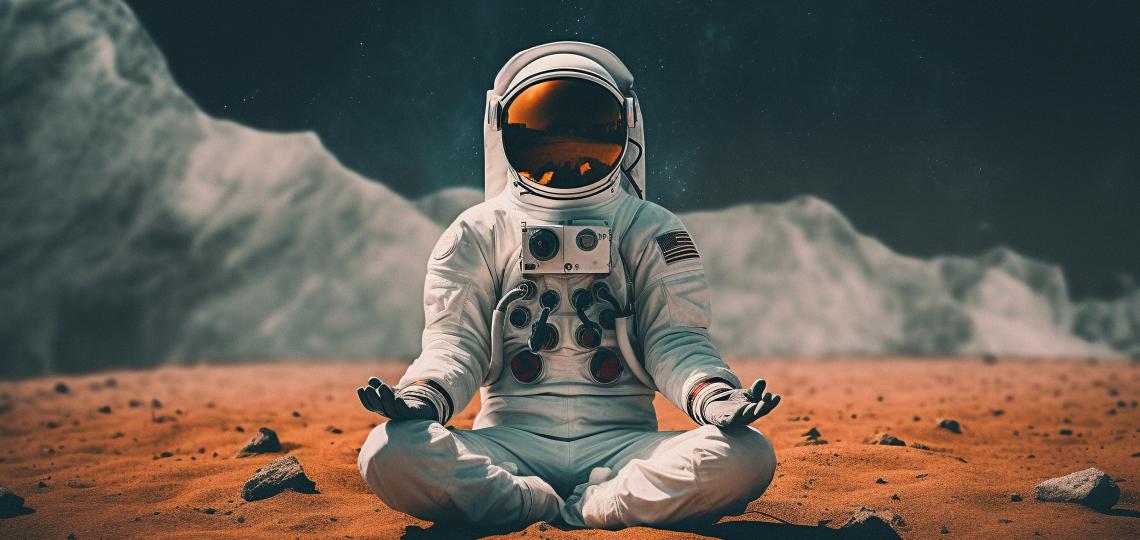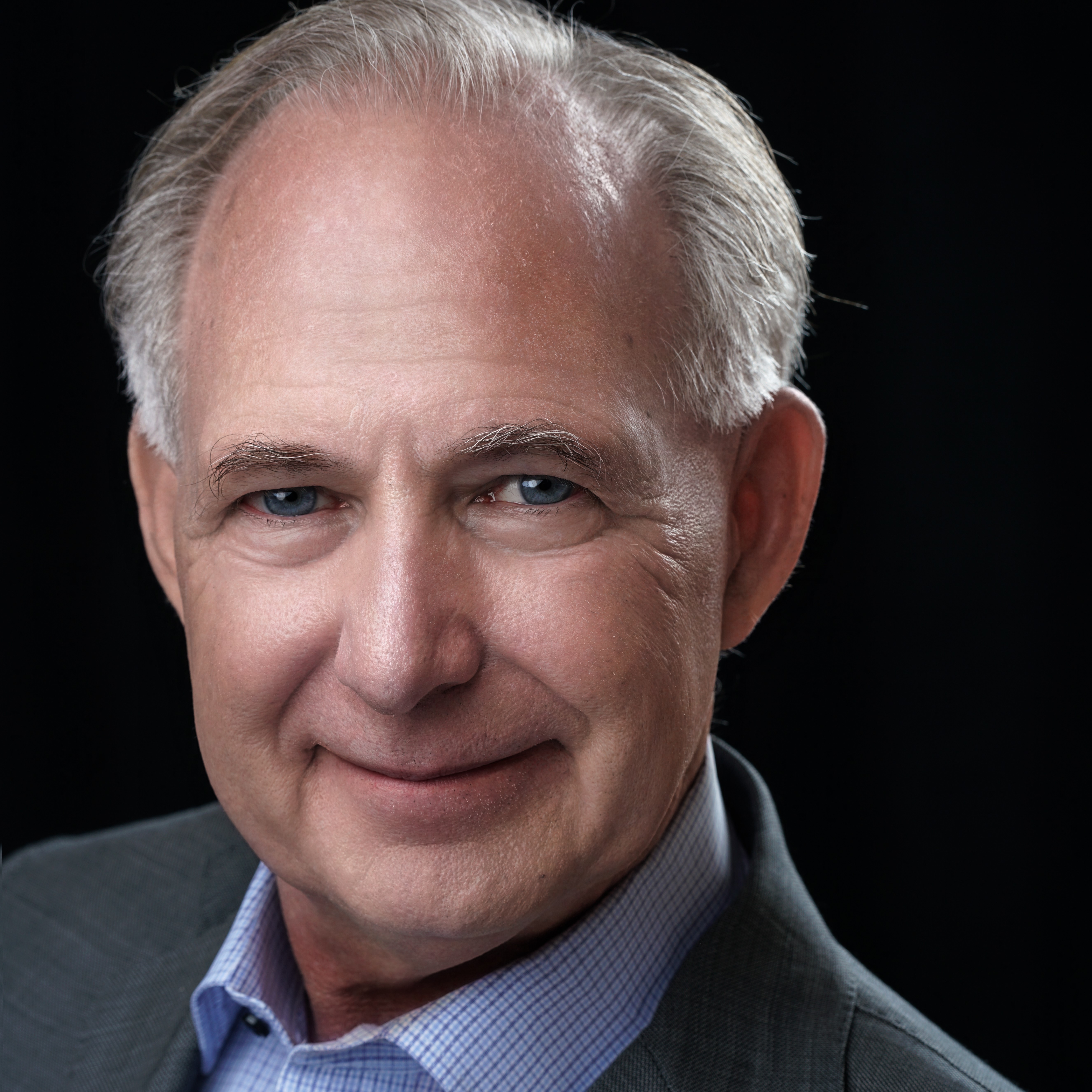
The future of exploration will feature more humans in space, and for longer. We will need to address emotional, psychological, and behavioral challenges that may arise during such extended stays in space- especially for those bound for Mars. What emerging technologies meant to monitor both physiology and mood could be deployed in space to guard against behavioral health and performance disruptions on mission? What can we learn from space-based research, that can improve mental health care for us all?
On Wednesday, Aug. 16, the TRISH Orbit Rendezvous webinar delves into behavioral health in space and Earth’s up-and-coming technologies that may be promising. Join a virtual chat featuring Dr. Walter Greenleaf and TRISH’s Dr. Gary Strangman about this important aspect of space travel.

Walter Greenleaf, Ph.D.
Walter Greenleaf, Ph.D., is a neuroscientist and a medical technology developer at Stanford University. With over three decades of research and product development experience, he is considered a leading authority in digital medicine and medical virtual reality technology. His current research focus is on developing computer-supported clinical products, with a specific emphasis on applying virtual reality and digital health technology to address difficult problems in behavioral and physical medicine such as post-traumatic stress, anxiety disorders, depression, stroke, addictions, and autism spectrum disorder. He has served as the Principal Investigator for research projects funded by the NIH and NASA and serves on TRISH’s Scientific Advisory Board.

Gary Strangman, Ph.D.
Gary Strangman, Ph.D., is an Associate Professor in the Department of Psychiatry at Harvard Medical School, Director of the Neural Systems Group at Massachusetts General Hospital, and a Scientific Lead for the Translational Research Institute for Space Health (TRISH). His research focuses on behavioral health and performance, translational neuroscience, and developing novel brain monitoring and imaging capabilities for use in operational environments, including spaceflight.
Space Health Challenge: Emotional and Behavioral Well-being
So, why is behavioral health research important for the advancement of human space exploration?
Space missions demand more than just physical endurance and scientific expertise, posing numerous unusual challenges to the astronaut’s behavioral health. To start, spacecraft are small and often cramped. This small area is used for both work and play, leaving the crew nowhere to go to "get away". Moreover, privacy is minimal, there are limited options for recreation, and direct social contact is only possible with your crewmates. While astronauts onboard the International Space Station can utilize video calls and the satellite phone for real-time interaction with Earth and loved ones, the long distances associated with exploration spaceflight means real-time communication with Earth becomes impossible. Added to this is the chronic stress of living and working in a dangerous environment, continuous physiological adaptations associated with reduced gravity, as well as the ubiquitous long-term exposure to radiation. Any one of these issues could become problematic over the up-to-three-year duration of a Mars mission.
Webinar Highlights:
During our discussion, we will address the issues, potential consequences--and possible solutions—for tracking and managing behavioral health during space exploration, including addressing questions like:
- What are the psychological factors affecting astronauts, and how do space agencies address these challenges?
- What kind of technologies already exist to support behavioral health? And what do we need to work toward?
- What behavioral health analogs might be good for space?
- What impact could behavioral health in space have for Earth?
Webinar Details:
Date: Wednesday, Aug. 16
Time: 1 p.m. CDT
Who Should Attend?
This webinar is open to anyone with an interest in space exploration, emotional and behavioral health research, and cutting-edge technological trends in mental health. Whether you are an aspiring astronaut, a space enthusiast, a mental health professional, or a student with a passion for space science, this event offers valuable insights into the intriguing world of space health.
As we continue to push the boundaries of space exploration, understanding and supporting the emotional well-being of astronauts is paramount. Mark your calendars, and spread the word!








